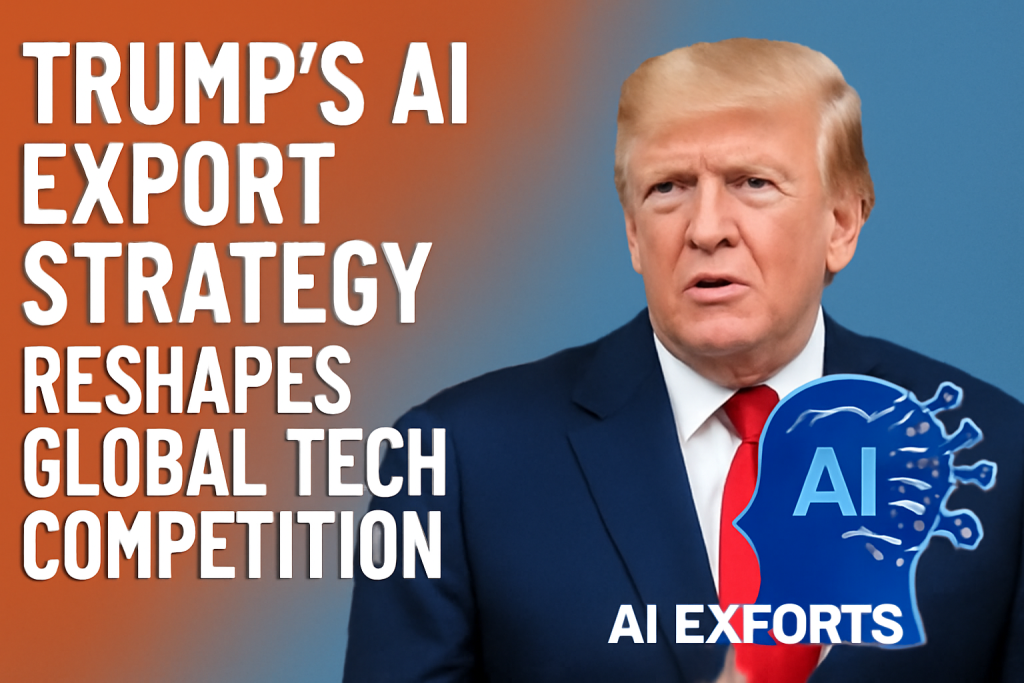Medical device lobbyists and lawmakers have united in recent months over legislation that would make it easier to bill Medicare for artificial intelligence-based devices used in health care. They want to grease the squeaky wheels of reimbursement for algorithm-based health services. Many of these services have seen limited adoption despite getting cleared by the Food and Drug Administration.
Why It Matters Now
The US healthcare market is solving a critical problem. AI medical devices get FDA approval but struggle with adoption. The reason is simple: complex Medicare billing processes create barriers. This legislative push addresses the gap between innovation approval and market implementation.
FDA Commissioner Marty Makary has said he is working with CMS administrator Mehmet Oz to advance immediate Medicare reimbursement for breakthroughs. The goal is to ensure these devices don’t have to go through their own repeat duplicative process.
How It Solves a Key Problem
The proposed legislation targets breakthrough medical devices specifically. These carry an FDA designation that aims to encourage innovation for unmet patient needs. The Centres for Medicare and Medicaid Services previously proposed a rule offering up to four years of coverage for FDA-authorised breakthroughs. That proposal was scrapped but has recently resurfaced in new legislation.
Some clinical AI products could reach the market through an even more streamlined mechanism if another pathway for innovative medical devices is created. This addresses the core issue: regulatory approval doesn’t guarantee market success without clear reimbursement pathways.
Strategic Advantage for Indian Healthcare Startups
Indian healthcare startups can extract valuable lessons from this US regulatory approach. The American model demonstrates how government policy can accelerate healthcare innovation adoption. Clear Medicare billing pathways reduce market entry barriers for AI-powered medical solutions.
This creates opportunities for Indian companies developing AI healthcare solutions. Understanding how major markets handle regulatory approval and reimbursement helps in product development and go-to-market strategies. Companies can design solutions that anticipate similar regulatory frameworks globally.
What Business Leaders Should Know
The US initiative reflects a broader global trend toward AI integration in healthcare. Countries worldwide are grappling with similar challenges: balancing innovation with regulatory oversight while ensuring patient access to breakthrough technologies.
For Indian business leaders, this signals growing international acceptance of AI medical devices. It suggests potential future opportunities in global markets as regulatory frameworks mature. Companies building AI healthcare solutions should monitor these developments closely.
Market Impact in India
India’s healthcare system faces unique challenges that AI solutions could address. The US approach demonstrates how policy support can accelerate innovation adoption. Indian policymakers might consider similar frameworks to boost domestic healthcare technology development.
The success of streamlined reimbursement pathways in the US could influence Indian healthcare policy. This creates potential advantages for Indian startups developing AI medical solutions. Early preparation for similar regulatory environments could provide competitive advantages.
Risks and Considerations
While the US initiative shows promise, implementation challenges remain. Previous attempts at automatic coverage faced pushback and were abandoned. The current effort’s success depends on balancing innovation incentives with cost control and patient safety.
Indian business leaders should note that regulatory frameworks take time to develop. Building sustainable business models shouldn’t rely solely on future policy changes. Companies need viable strategies for current market conditions while preparing for regulatory evolution.
The movement toward easier AI device reimbursement represents broader healthcare digitisation trends. Indian businesses positioned at the intersection of AI and healthcare should monitor these developments. Understanding global regulatory directions helps in strategic planning and product development decisions.


